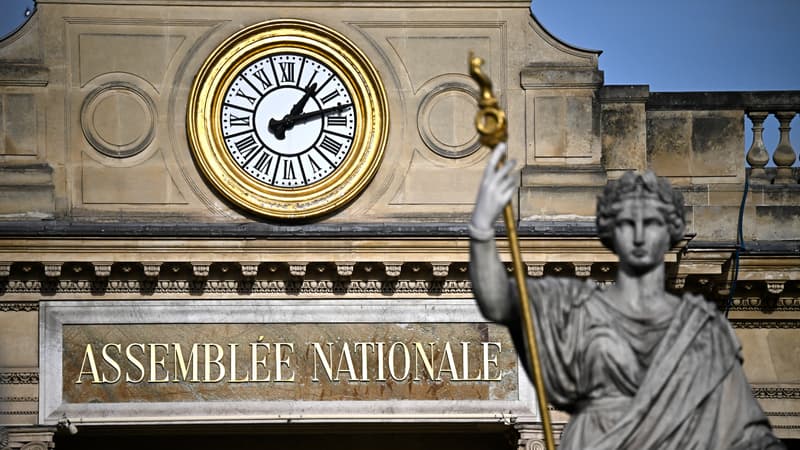
Quebec's Time Change Debate: Will We Move Away from Seasonal Clock Adjustments?
This weekend, Quebec and much of Europe will adjust their clocks as they shift to standard time, also known as "winter time." In the early hours of Sunday, October 27, at precisely 3:00 a.m., the clocks will roll back to 2:00 a.m., allowing people to enjoy an extra hour of sleep. This time shift, established in the mid-1970s in response to an energy crisis, was intended to maximize daylight hours and reduce evening energy consumption by aligning people’s schedules with natural sunlight.
The initial motivation for implementing daylight saving time stemmed from the energy crisis of the 1970s, where rising oil prices pushed countries to find creative ways to save energy. The idea was simple: by making better use of daylight during waking hours, households and businesses would rely less on artificial lighting. Though originally effective, the measure’s impact on energy use has become less significant in modern times. With widespread adoption of energy-efficient lighting and different patterns of energy consumption, many experts now believe that the savings achieved through clock changes are minimal.
Also Read:- Sri Lanka Triumphs Over West Indies in 2nd ODI Thriller at Kandy
- Gosport’s Struggle: Poverty, Budget Cuts, and Community Resilience
In recent years, calls to abolish this biannual clock adjustment have gained momentum across Europe and North America. In a 2018 public consultation conducted by the European Commission, 56% of respondents expressed a preference for maintaining daylight saving time year-round, while 32% supported keeping winter time year-round. This sentiment was echoed in Quebec, where a similar survey conducted in 2019 revealed that over 80% of participants favored doing away with seasonal time changes. Although the European Union proposed a 2021 end date for these seasonal clock shifts, legislative delays, amplified by the pandemic, have stalled the process.
Quebec’s Minister of Justice, Simon Jolin-Barrette, recently indicated openness to revisiting the topic but has so far only launched a consultation, leaving the debate unresolved. Critics argue that this delay reflects a lack of commitment to addressing public interest on this issue. Many residents hope for a decision that simplifies timekeeping and eliminates the twice-yearly disruption to sleep and daily routines.
For now, the time change remains part of life in Quebec. Whether or not this is the last autumn clock adjustment remains uncertain, but public opinion is clear: many Quebecers are ready to see an end to this practice.
Read More:

0 Comments